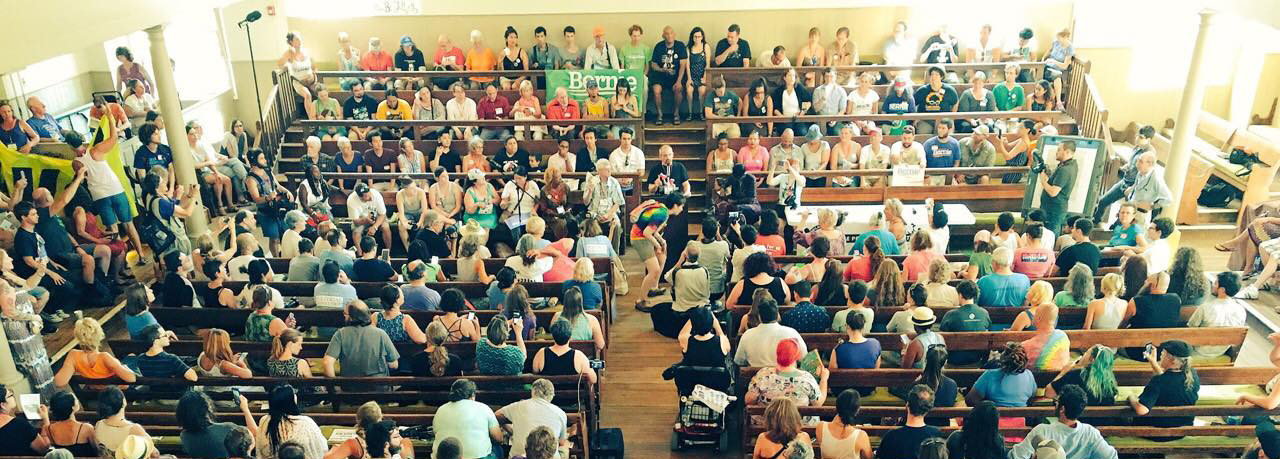This blog entry was intentionally left blank.
Day 20
Today I stumbled upon this new podcast platform called Anchor, and am curious to see if it might be a good addition to this blog. I realize I have mostly been using this space to process my own thoughts and experiences in relation to the coronavirus crisis… but I also really want to hear from you! So, if you have been impacted by COVID-19 in any way: contracted the virus, lost your job and/or healthcare, don’t have proper PPE, can’t vote (or are afraid to), are dealing with a mental health crisis —ANYTHING— please leave me a message via the Day 15 — A podcast page (look for the “Message” button). I want to explore compiling these stories in some way in the near future. I look forward to hearing from you!

Day 16
I feel very lucky being able to work from home over the past couple weeks. It’s interesting that I have always thought (or been told that) my job wasn’t possible remotely – but here we are. The main reason why it has been difficult to work from home is that I do not have the proper equipment or materials here. So a task that should take a few minutes can end up taking hours – my crappy printer jams, I make a mistake because I misread something on my tiny laptop, etc. All of this could be easily resolved, however. I could bring in a workable computer and monitors, a functioning printer, my check scanner, and all that I would need to produce the best quality work in the least amount of time. The reason I don’t have these things, seems to be denial on the part of leadership.
Executives and managers are still running around with their quotas and fiscal targets, as though we are not in the middle of a global crisis. While I have accepted this new reality, it seems unclear as to whether employers will come to grips with the fact that many non-essential workers, especially immunocompromised folks, may be working from home for the indefinite future. It seems that the best course of action would be to radically accept this; giving employees the tools they will need to do their jobs and stay safe. Because, after all, how productive will we be if we get sick (or die)?

It has been truly inspirational to see workers from Amazon, Instacart, GM and Whole Foods organize in the face of the coronavirus. Any time I have caused a fuss at work about benefits being cut year after year, it has been sad to see my co-workers’ acceptance of our fate. They don’t seem to know their collective power and worth as workers, and that without our labor, the organization will cease to operate. But it is times like these that if we fight… we just might win.
Day 15 (literally)
I have always had the sneaking suspicion that those in power want people like me dead. Growing up in poverty, I was made to feel at best like an “other,” at worst, a “burden on the system.” At times, friends suggested that perhaps I am “too sensitive” or “cynical” for feeling this way. But today, in the United States, it seems we have fully transitioned from our typical, more genteel “policy violence” into a clear and overt plan to eliminate (sacrifice?) the poor and most vulnerable.

In a press conference held in the White House Rose Garden this past Sunday, President Trump came right out with it: if we lose only 100,000, possibly 200,000 people due to the COVID-19 virus, we will have done “a very good job.”
It is clear who those 100,000 to 200,000 people will be: our most vulnerable. It will be poor people (many now deemed “essential workers”), who don’t have the privilege of paid time off or job security. It will be frontline workers like nurses and cashiers. It will be the homeless, prisoners, and migrants. It will be folks like me with disabilities, compromised immune systems and other underlying conditions.
Frankly, it is a bit refreshing to hear such honesty when you have been gaslit your whole life! Thank you to the ruling class for their candor in admitting that indeed there is a subclass of human beings that society can not only do without, but — in fact — things will run much more smoothly, cheaper, and more efficiently without.
As I sit here today, on day 15 of self-isolation here in my Chicago apartment, I can’t help but contemplate this new reality I am surviving in… and what the next several months will be like for those Americans deemed most expendable.

